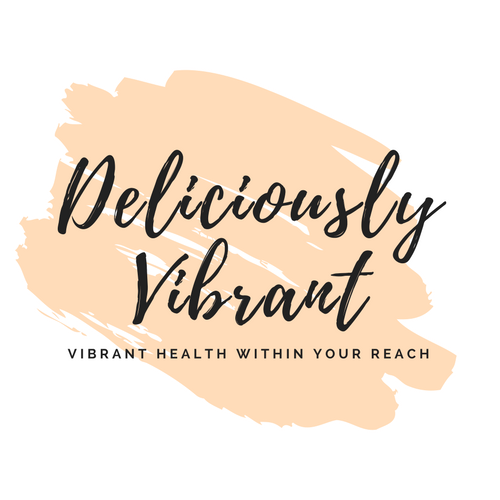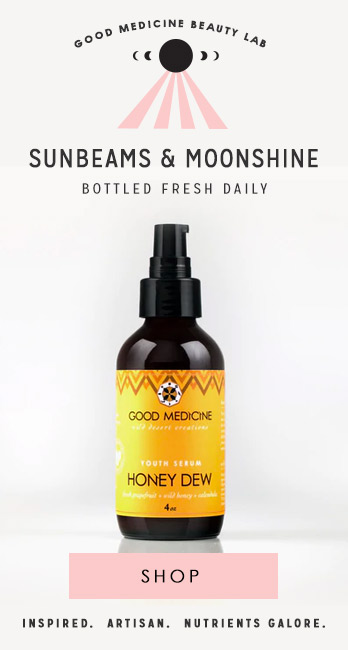A few decades ago, this question would have not even been on people’s mind… But nowadays, with the rise of industrial agriculture, environmental pollution, health issues and consumer’s concerns about the quality of the food they are ingesting, this question is spot on and it is well worth asking. So, is Dairy Bad For You ?
Well, the simple answer is yes. Now, of course this is to be taken with a grain of salt. They are so many point of views out there and the effects of dairy on people’s health will vary from one person to the next (1).
However, in today’s context and for the many reasons that I will outline in this article, I would recommend for the sake of your health and the one of our planet to reduce your consumption of dairy (especially dairy from cows), if not to eliminate it completely. The dairy that we are consuming today is very different from the dairy our parents or grand-parents used to enjoy on the daily (2). Hence, today’s article:
5 Reasons Why Dairy Is Bad For You:
1. Dairy is full of hormones, antibiotics, chemicals and.. puss!
Yes, you read that right “puss”! If you ever go to a dairy farm, it no longer looks like this: happy cows happily grazing the grass and then getting milked by their loving owners with care and gentleness. No, no, no. This was way back when and, though it may still be the case in a few small dairy farms, which produce quality dairy products (more on that later), it is unfortunately no longer the case in most conventional and industrialized dairy farms (3) . Cows are now being milked by machine, pretty much 24/7 until they simply die from exhaustion or infection. Because the cows get very little to no rest and because they live under very difficult conditions, they are constantly pumped with antibiotics (to help prevent infection or boost their poor immune systems), hormones (to make their bodies produce more milk) and other chemicals. Moreover, because they are being milked by machines pretty much 24/7, the cows’s udders frequently get infected and start secreting blood and/or puss, which ends up into the milk! Eeew.
2. Industrial dairy products have been pasteurized, removing all the nutritional goodness
The process of pasteurization is basically heating up any food product up to 160 degrees Celsius to kill any and all bacteria. Given the amount of microbes, puss, blood and other unwanted substances that ends up present in the milk produced in industrial dairy farms, I guess one would want for the milk to be pasteurized. Well, guess what? The process of pasteurizing or heating up a food past a certain heat level actually kills more than just unwanted bacteria and microbes, it also destroys any of the good nutrients present in milk: enzymes, vitamins, proteins (they are being altered, making them less available for our body), healthy fats (it promotes their rancidity), minerals and other sensitive trace elements.
3. Industrial dairy farming has a negative impact on the environment
Because the production of dairy has now become largely industrialized, it creates a lot of waste dumped into our environment. The cattle feed, the hormones, the antibiotics, the cattle waste, etc – all of these substances end up into our water systems and into our soil. It causes a lot of pollution for our planet. Let’s not even talk about the fuel being used to ship dairy products across countries and even continents. Our consumption of dairy is so high that it is really alarming and dangerous for our ecosystem.
4. Dairy is acid-forming within the body
Every single food digested by our body has a certain pH level. Either the food becomes alkaline or acidic, once digested. Dairy happens to fall into the acidic group. This means that dairy creates an acidic residue within the body (4). Because our blood’s natural pH is slightly more on the alkaline side, the body is constantly working hard to maintain that pH balance. In order to do so, it often uses minerals (calcium, magnesium, sodium) coming from our bones or blood in order to neutralize this acidity and maintain an alkaline internal environment for our organs, cells and blood. This is why, dairy being acidic, often leads to osteoporosis (low bone density) or hip fractures (5).
5. Dairy can be hard to digest
For many people, dairy is extremely difficult to digest. It causes bloating, belching, gas or indigestion. Sometimes, the cause is genetic (lacking the enzyme to breakdown the dairy molecules), but for others it simply stems from the fact that the protein contained in dairy is simply too large (especially in cow’s dairy: A1 casein) to breakdown and therefore hard for our body to assimilate (5).
For all these reasons, I believe that dairy is not so good for one’s health. I often advise my clients to remove dairy from their diet for a period of 2 to 4 weeks to see how they feel. They always end up feeling so much better that very few re-introduce it into their diet at all. And when they do, it is in moderation and choosing organic dairy products from known sources and local eco-friendly farmers.
Some Healthy Alternatives to Dairy Products
Now if dairy is bad for you, what are some healthy alternatives?
Well, there are plenty and here are some of my favourite:
1. Plant-based milks
There are so many great plant-based milks nowadays. Some of my favourite are coconut milk, almond milk, cashew milk and sometimes soy milk (but always choose organic as soy is one of the most highly genetically modified crop). You can easily substitute regular cow’s milk for plant-based milk in any of your favourite recipes.
2. Nuts
Nuts – walnuts, cashews, almonds, etc- are such a great healthy alternative to get your daily intake of minerals, vitamins and fat. They make for great healthy snacks too!
3. Seeds
Seeds can be quite powerful superfoods because some seeds are packed with nutrition. Try chia seeds, hemp seeds, pumpkin seeds, sunflower seeds or even sesame seeds, which are really high in calcium.
4. Leafy greens
Dark leafy greens, especially kale, spinach, swiss chard, … are jam-packed with healthy nutrients such as anti-oxidants, calcium, magnesium, vitamin C, vitamin K, and more. They are full of fibers and a great source of protein too.
5. Organic raw milk
If you can manage to get your hands on some raw and organic milk, then by all means go for it. Just make sure that you know where it comes from and that you know the farmers and how they treat their animals. Raw milk can be rich in minerals, enzymes and healthy fat. If you can digest milk, then dairy produced from organic raw milk might be okay to consume occasionally. Test it out for yourself and see how your body reacts. If not, another great alternative is goat or sheep’s milk as they are far easier to digest and contain a lot of vitamins and minerals too!
In the end, it truly is up to you to decide whether dairy is good or bad for you. But at least, after reading this article, you will be better equipped to make an informed decision on the topic.
As always, stay vibrant,
Sarah.
Sources for this article:
- https://authoritynutrition.com/is-dairy-bad-or-good/
- http://butternutrition.com/why-your-grandparents-didnt-have-food-allergies/
- http://freefromharm.org/dairyfacts/
- http://www.mindbodygreen.com/0-5226/Why-You-Should-Ditch-Dairy-for-Better-Health.html
- http://www.huffingtonpost.com/dr-mark-hyman/dairy-free-dairy-6-reason_b_558876.html








